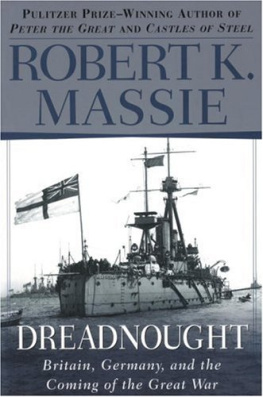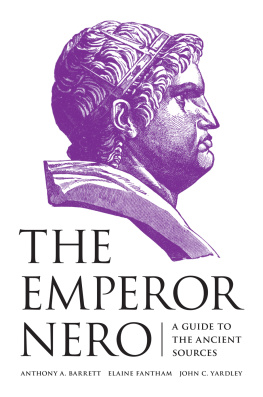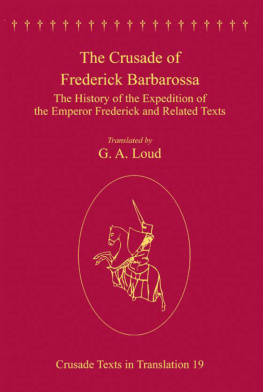photo
From a photograph by Brown and Dawson
WILLIAM II
German Emperor
From a photograph taken since the beginning of the war of 1914
THE GERMAN EMPEROR
AS SHOWN
IN HIS PUBLIC UTTERANCES
BY
CHRISTIAN GAUSS
PROFESSOR Of MODERN LANGUAGES, PRINCETON UNIVERSITY
NEW YORK
CHARLES SCRIBNERS SONS
1915
Copyright, 1915, by
CHARLES SCRIBNERS SONS
Published February, 1915
printer's imprint
PREFACE
Unlike his grandfather, who shielded himself behind his Chancellor, the present Emperor has always insisted upon making himself the storm-centre of the debates in his Reichstag and among his people. He has played with many, if not all, of his cards upon the table. In accordance with this policy he has gone through his country from end to end and into foreign lands, everywhere announcing his policies and his views on every possible subject of interest or controversy. Up to 1905 he had made upward of five hundred and seventy speeches, and since that time has made almost as many more. It was manifestly impossible to give all of these speeches, and it was also thought unfair to give merely extracts which might fail to represent the spirit of the entire pronouncement. They are all printed, therefore, in the completest form available. Particular speeches have often been reported to the press in widely differing versions. In all cases only those speeches are here presented which have received official or semiofficial sanction. The text followed for pronouncements made before 1913, with the one exception of the Daily Telegraph interview, October 29, 1908, has always been that of the recognized and standard edition in four volumes, edited by J. Penzler and published in the Reclam Universal-Bibliothek. Now and then only portions of certain addresses appear to have been reported, and on a few occasions parts of speeches are given directly and other parts are merely summarized. In all such cases the speech is translated from the form sanctioned in the official version. In no case has any change been made. Where significant differences exist in the versions of addresses as given officially and unofficially, the official version is in every instance printed first. It has been the aim to present faithfully the language and spirit of the speaker, and his phraseology and emphasis have been reproduced as closely as was at all consistent with fair English usage. The speeches have been chosen to represent in due proportion his many interests, and range therefore from agriculture and art to Biblical criticism, national and international politics.
The Emperor has, of course, not given titles to his speeches, and the headings have been assigned by the compiler. It has been his aim to explain the circumstances under which each address was delivered and to make plain the references to events embodied therein. Questions which have had a continuous interest, or which have had some lasting effect on Germanys policy, such as the attitude toward Alsace-Lorraine, the Social Democratic party, the retirement of Bismarck, the development of the navy, the Morocco question, have been treated at greater length on the first fitting occasion. For the introductions, therefore, the compiler assumes responsibility. In preparing them he has had recourse to many incidental sources of information, and in many cases the true inwardness of certain situations is still as much a matter of controversy as the causes of the present war. For his facts generally, he has followed where possible, besides such incidental and contemporary sources, Bruno Gebhardts Handbuch der Deutschen Geschichte (1913), the Cambridge Modern HistoryThe Latest Age, volume XII (1910), and the volumes of the Statesmans Yearbook. In addition, for information concerning the internal development of Germany he has consulted and drawn upon the literature of this subject which has appeared in the last decade, but is more particularly indebted to Doctor Paul Limans Der Kaiser, Dawsons The Evolution of Modern Germany, Barkers Modern Germany, Price Colliers Germany and the Germans, Forbess William of Germany, Gibbonss The New Map of Europe, and the Reichsgesetzblatt.
As the Emperor has spoken upon almost every phase of German political life, with the editorial introductions which aim to set forth briefly the occasion and causes of each address, it is hoped that altogether the volume will offer a fairly accurate picture of the trend of German affairs for the last twenty-five years.
For help in the preparation of this volume, the writer is much indebted to his wife, whose assistance has amounted to collaboration.
Princeton, N. J.
December 20, 1914.









